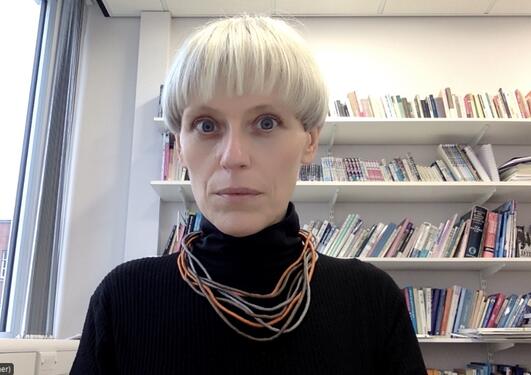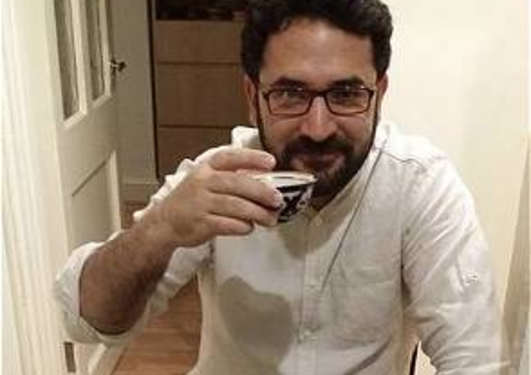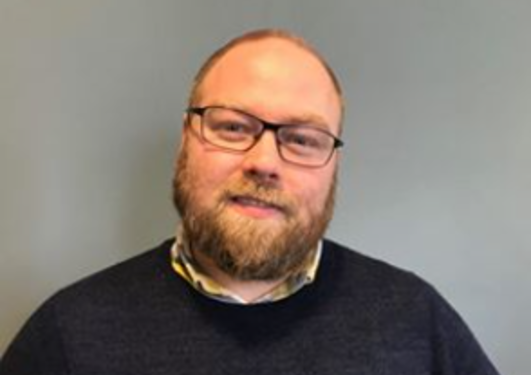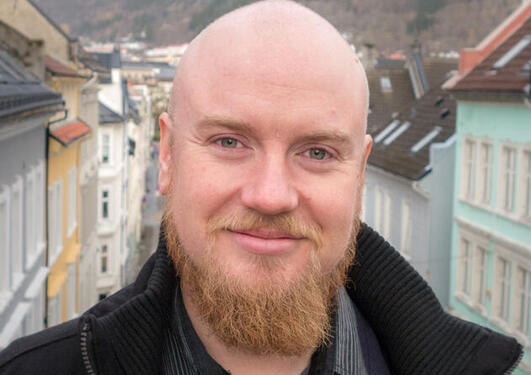Minority Studies
The research group is dedicated to the study of minorities in the widest sense: ethnic, linguistic, religious, of gender, of sexuality, and of race.

Main content
The research group is dedicated to the study of minorities in the widest sense: ethnic, linguistic, religious, of gender, of sexuality, and of race.
Every society has communities that differ in one of these aspects from the majority (defined in numbers and/or in power) of its citizens. These differences are often expressed in terms of hierarchy, practices of exclusion, coercion to assimilate, attempts to include, and in subtler ways such as aesthetic preferences. These ways in which majorities and minorities encounter and interact expose both in majorities and in minorities deep-seated attitudes, values, and mentalities that tend to be invisible until evoked by the encounter between the two.
We explore such theoretical questions and practical and political questions that the minority-majority encounter raises. Other examples of themes we explore are: minority as an identity – real or imagined; minorities as a social and discursive category; and of social dynamics between minorities and majorities and within minorities themselves; minorities within minorities; minority policy issues.
Coorporation
The research group is interdisciplinary. It includes specialists from the different disciplines and fields from the Department of Archaeology, History, Cultural Studies and Religion, from the Faculty of Humanities, and other faculties at the University of Bergen as well as two faculty members from other academic institutions. Moreover, the research group aims to recruit also members in early stages of their careers: Ph.D. candidates and B.A. and M.A. students working on projects on minorities.
Its activities will be geared toward strengthening both the university’s research activities, academic ties across the disciplines, and its educational goals by giving faculty, students, and PhD candidates an inspiring environment to support their work.
Activities spring 2025
24.02. Jürgen Schaflechner on Philanthrobusiness
On Monday 24 February, from 15:30 to 16:30 Oslo time, Dr. Jürgen Schaflecher will speak about Philanthrobusiness and the Ethics of Mediating Persecuted Christians in Pakistan.”
Dr. Schaflechner is research leader at the Freie Universität in Berlin as well as filmmaker, having made among others the film on Pakistan Thrust in Heaven (2016). His research focus is on religious minority movements in South Asia in the digital age.
The presentation will take place on zoom. To receive the zoom link of the discussion, please contact Alexander van der Haven (alexander.haven@uib.no).
For those interested in reading a draft on Philanthrobusiness, please also contact Alexander van der Haven.
Abstract
The aims of this presentation are threefold. Firstly, I seek to illustrate how specific faith-based organizations, such as “Kirche in Not," and their mediators on the ground exploit instances of non-Muslim suffering in Pakistan, perpetuating and reinforcing communalism in the process. Secondly, I aim to explore how a human rights market saturated with depictions of Christian persecution necessitates local mediators to engage in actions that blur the boundaries between philanthropy and business opportunities. I describe this phenomenon with the neologism "philanthrobusiness.” Thirdly, I demonstrate how Christian mediators—often individuals with high ethical standards—conceal the inherent power dynamic embedded within the Christian rights market by judging others for their alleged lack of ethical behavior.
Student group members
- Fredrik Kolstad Rongved, M.A. student Religious Minorities, UiB
- Thomas Snell, M.A. student Religious Minorities, UiB
- Henriette Flaaten, M.A. student teachers’ program Study of Religion, UiB
- Lyudmila Klasanova



